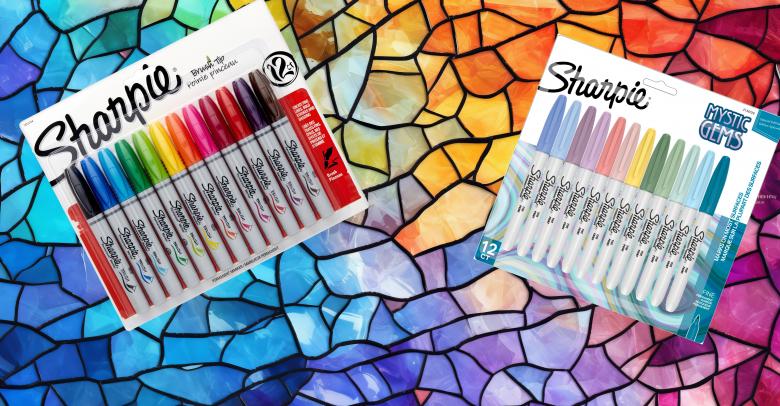The differences between the vocabulary students use in school and in casual conversation impact their reading comprehension and writing skills. As students are encouraged to use academic vocabulary in class, the higher level words and concepts can work themselves more easily into their vocabulary, benefiting their ability to express themselves through more diverse language. Read on to find some activities for the classroom that will encourage students to utilize descriptive, academic language.
Benefits of Student-Led Vocabulary Practice
By participating in activities like the ones listed below, students are given a sense of ownership and reward for using academic language, which then motivates them to truly grasp and memorize the meanings and uses for vocabulary words.
When going over the benefits of academic vocabulary with students, be sure to highlight the ways in which academic vocabulary help us to better communicate with each other. Using more descriptive or specific words makes it easier for others to understand what we are trying to say.
2 Fun Ways to Supplement Vocabulary Instruction in Class
Word of the Week Activity:
Take a look at the list of vocabulary words, and allow the class to vote on a “word of the week.” Write this word on the board, or somewhere visible, with the definition. After the word is chosen, students can earn a point for using it correctly in an assignment or when answering a question out loud in class.
At the end of each week or month, the top three students with the most points win a small prize, or can put their points towards a class party or fun activity.
Guess That Vocabulary Word:
When there’s time at the end of an activity and you need a transition, bring vocabulary back into the spotlight. Give students 1 minute to look over their vocabulary list. Then try changing a vocabulary word in some way (either by looking up the word in another language, mixing up the letters, or writing a sentence with the best fitting vocabulary word missing.)
Show the puzzle to the students and have them quietly raise their hand when they think they know the answer. Choose to call on a student at random, or in order of whose hand went up first. The first person you call on with the right answer can choose between a small prize or putting points towards a class party or fun activity.
Getting the Most Out of Vocabulary Instruction
Learning new vocabulary words is crucial to the development of reading comprehension and writing skills. Games or activities like the ones listed above encourage students to use their academic vocabulary creatively.
Direct academic vocabulary instruction has been developed to provide students with appropriate, practical and engaging activities and passages. With the combination of teacher support and high-tech software, students can develop their vocabulary and form a deeper and more lasting understanding.
If you are interested in learning more about our research-based vocabulary programs, check out the benefits and more information here. Also be sure to stop by the Reading & Literacy content on our blog to find more useful information and classroom ideas.






Leave a Reply